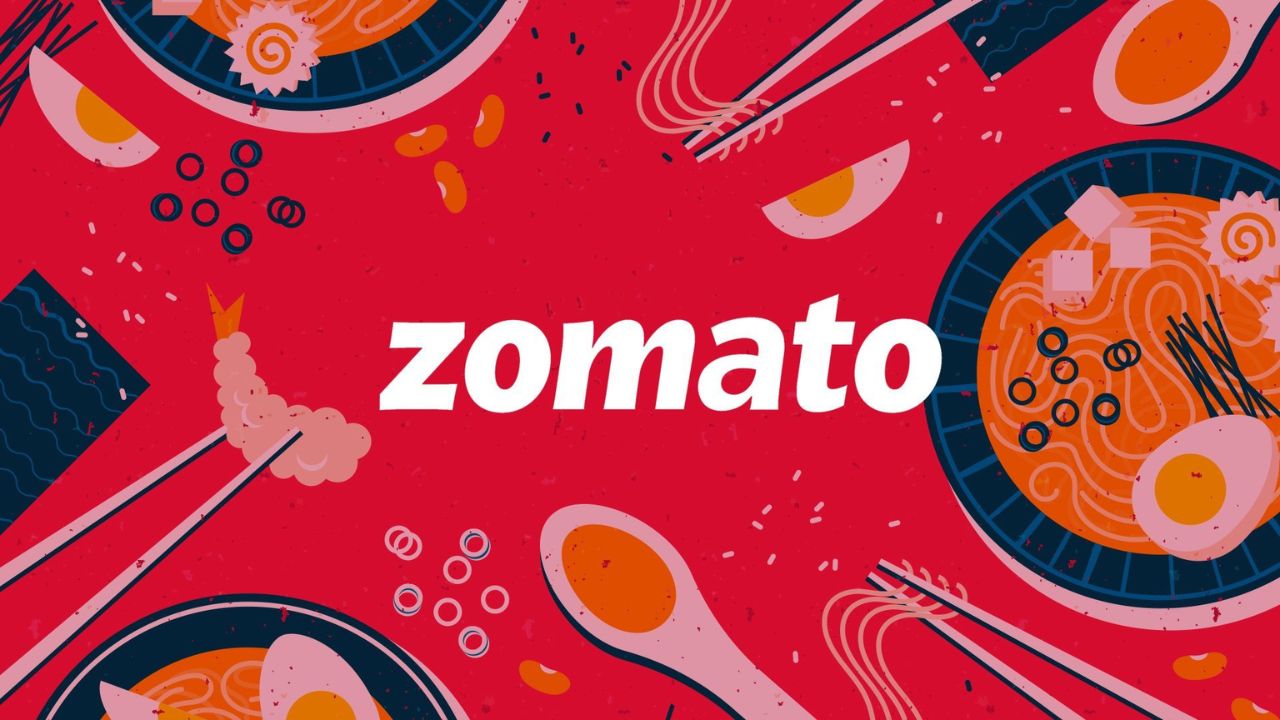Foodtech major Zomato has announced a ban on AI-generated images in restaurant partners’ menus and marketing materials in a bid to prevent misleading advertisements. The new policy, effective from Monday, September 16, comes with the warning that restaurants failing to comply will be delisted from the platform.
Zomato’s CEO of food ordering and delivery, Rakesh Ranjan, explained the move in an interview with Financial Express, noting that while the issue of AI-generated images is not yet widespread, the company aims to address the problem in its early stages. Despite this ban, Ranjan emphasized that AI will remain crucial for cataloguing and quick commerce operations.
The decision follows a statement made last month by Zomato founder and CEO Deepinder Goyal, who urged restaurants to avoid using AI to generate dish images. “We will actively start removing such images from menus by the end of this month,” Goyal said in a post on X (formerly Twitter), citing customer complaints, higher refund rates, and lower ratings due to AI-generated images.
To support restaurants in adapting to the new policy, Zomato has introduced discounted photoshoot services, offering professional photography at rates between INR 4,000-5,000, depending on how much of the menu requires new images.
By comparison, small restaurants typically spend between INR 7,000-15,000 for photoshoots that cover around 70% of their menus, according to the report.
This development comes as Indian enterprises increasingly adopt AI-driven solution amid the global rise of generative AI (GenAI).
Last year, Zomato appointed a head of AI product development and launched its Zomato AI chatbot to enhance user experience with personalized recommendations and improved customer support.
Zomato’s main rival, Swiggy, is also embracing AI, having partnered with Sypne.ai to offer AI-powered photoshoot services to its restaurants partners. Additionally, Swiggy is testing an AI chatbot, ‘neural search,’ aimed at providing personalized recommendations based on open-ended queries, further fuelling competition in the Indian foodtech space.
